About the Exhibition
The Puerto Rican diaspora is a collage of overlapping histories of colonialism, resistance, and survival.
Diasporic Collage: Puerto Rico and the Survival of a People honors Puerto Rican identities in the archipelago and its diasporas. Puerto Rico’s colonial status and geographical location situate it as a locus of global encounters and ongoing displacement. As such, the Puerto Rican diaspora can be understood as a collage of overlapping histories of colonialism, resistance, and survival. This exhibition engages with collage as both practice and metaphor. Collage is an assemblage, an art technique that uses discrete materials, images, or text to create a whole image. Countering the concept of a melting pot, which emphasizes assimilation and loss of culture, the idea of a collaged community allows for the celebration of roots and relations.
This exhibition also considers the close relationship between photography and collage, both notable 20th-century art forms. It takes the first major documentary initiative on the Puerto Rican diaspora as a point of departure to examine the enduring legacy of survival and migration. The Puerto Rican Diaspora Documentary Project by community organizer, activist, educator, and documentary photographer Frank Espada (1930–2014, Puerto Rico) was funded by the National Endowment for the Humanities from 1979 to 1981. The resulting collection of over 4,000 photos and 130 interviews led to the 2007 publication The Puerto Rican Diaspora: Themes in the Survival of a People, from which this exhibition takes its subtitle.
The artists featured in this exhibition consider the Puerto Rican diaspora in a fluid and expansive way. While several focus on the diaspora in the traditional sense—Puerto Ricans who migrate to the United States—many honor the different diasporas that intersect with the archipelago of Puerto Rico, documenting their communities with care and showing us a collage of Puerto Rican and Caribbean experiences.
Diaspora scatters; collage connects.
Diasporic Collage: Puerto Rico and the Survival of a People is organized by the Eli and Edythe Broad Art Museum at Michigan State University and the Center for Puerto Rican Studies (CENTRO) at Hunter College, CUNY, in collaboration with the Diaspora Solidarities Lab (DSL), and curated by Dr. Yomaira Figueroa-Vásquez, directora of the CENTRO, formerly associate professor at MSU; Dr. Windy M. Cosme Rosario, instructor, University of Puerto Rico – Río Piedras; and Dalina A. Perdomo Álvarez, assistant curator, the MSU Broad Art Museum; with support from DSL fellows Melanie Rodríguez Vázquez, Ariana Costales Del Toro, Yafrainy Familia, Nicole Hernández, Stephany Bravo, Imaida M. Durán Mariñez, Alana Cordero Montesinos, Meleny González, Olivia M. Ramírez, Jaden Morales, and Yuleysy Ortiz. Support for this series is provided by the MSU Federal Credit Union. The Diaspora Solidarities Lab is made possible with financial support from the Andrew W. Mellon Foundation.
This exhibition is the result of collaborative research and community projects produced since 2022 by the DSL, a Black feminist–led partnership between Michigan State University, Johns Hopkins University, and Hunter College. The DSL is directed by Dr. Yomaira Figueroa-Vásquez, professor and directora of the CENTRO at Hunter College, formerly associate professor at MSU, and Dr. Jessica Marie Johnson, associate professor at Johns Hopkins University. A DSL sister exhibition, Coastal Relations: Enacting Diaspora, will be on view at the Avery Research Center for African American History and Culture, College of Charleston, South Carolina, from Aug. 24, 2024—Jan. 8, 2025.
Artists: La Vaughn Belle, Rebel Betty, Mónica Ching, Frank Espada, Alia Farid, Glorimar Garcia, Daniel Lind Ramos, María Martínez-Cañas, Luis Rivera Jiménez, Edra Soto, Brenda Torres-Figueroa, and Nitza Tufiño.
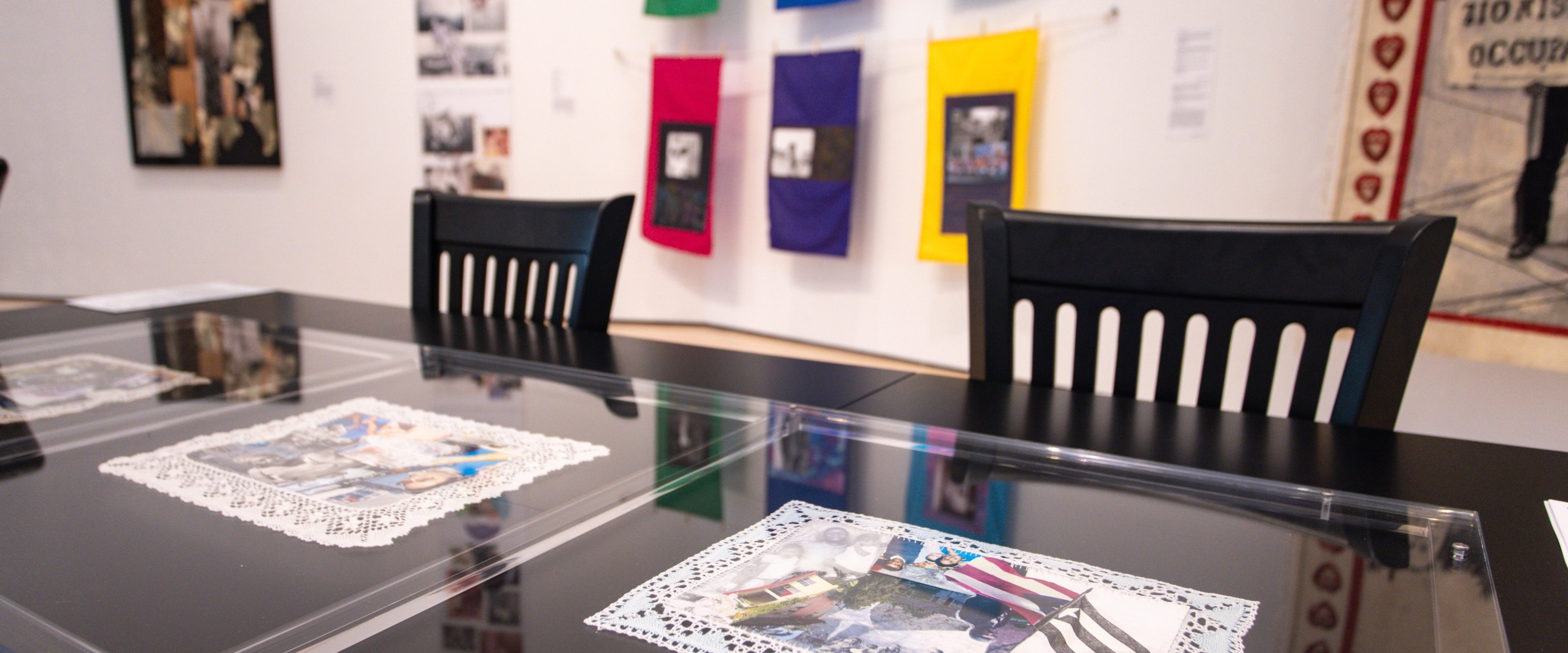
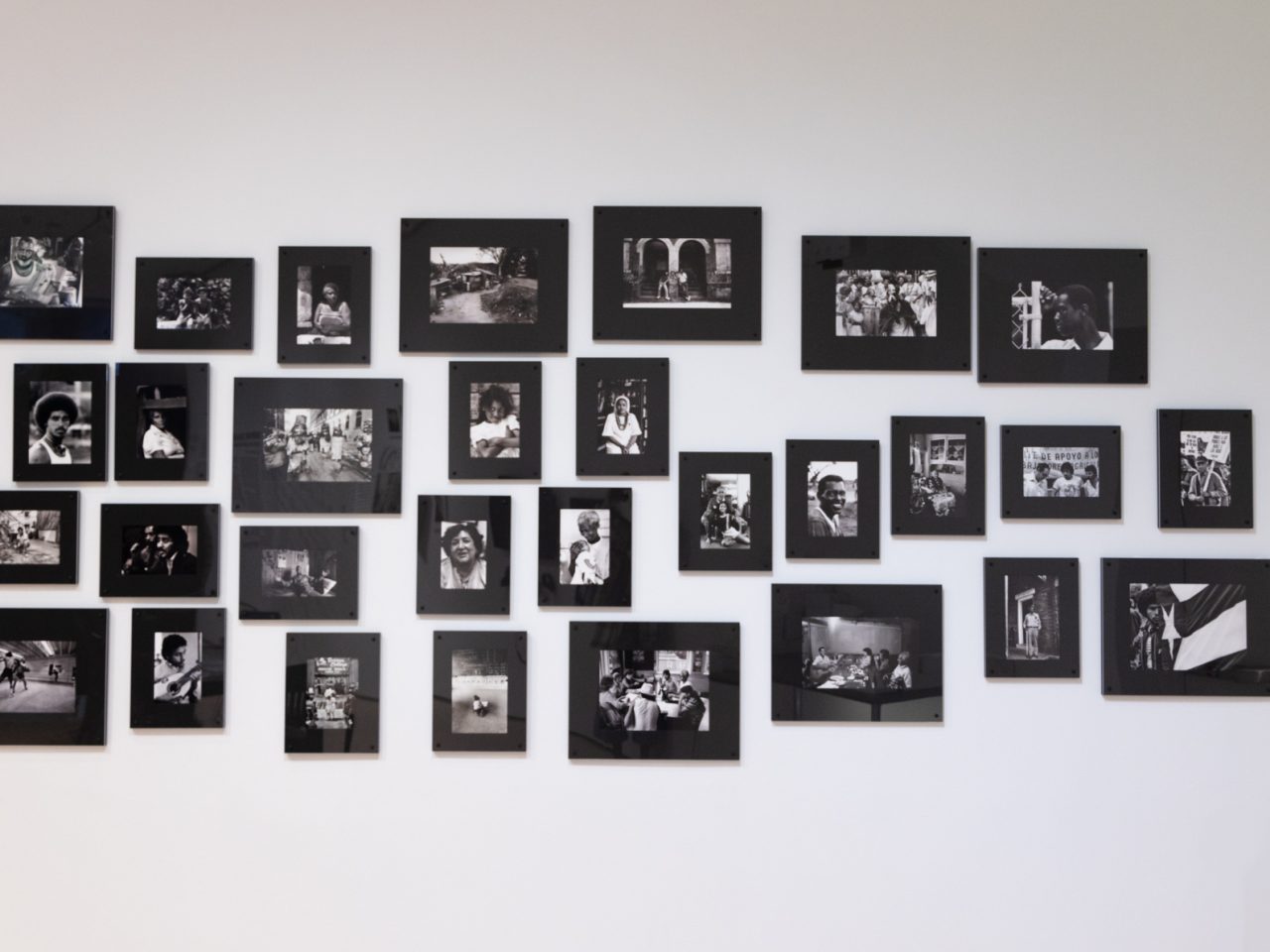
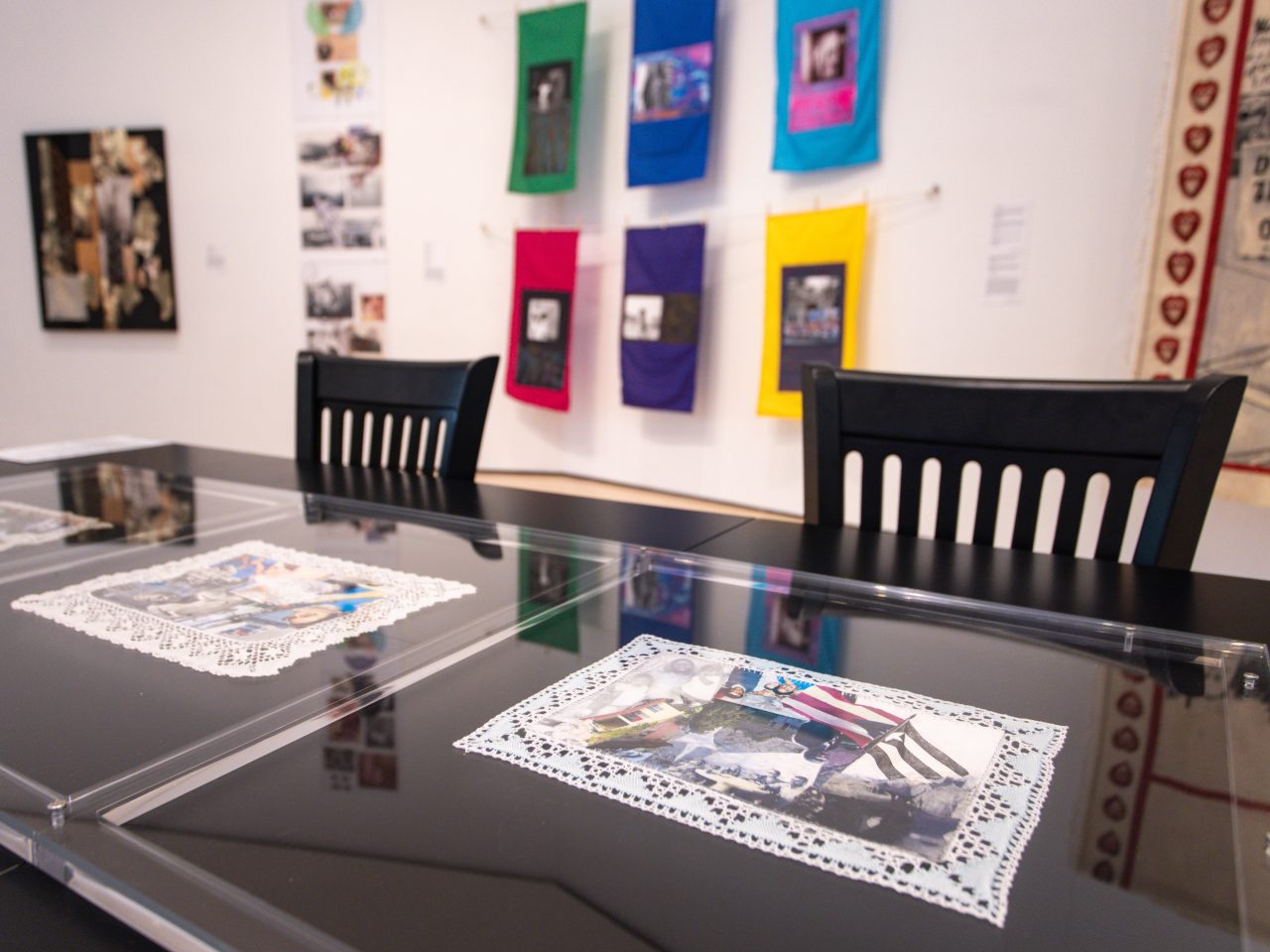

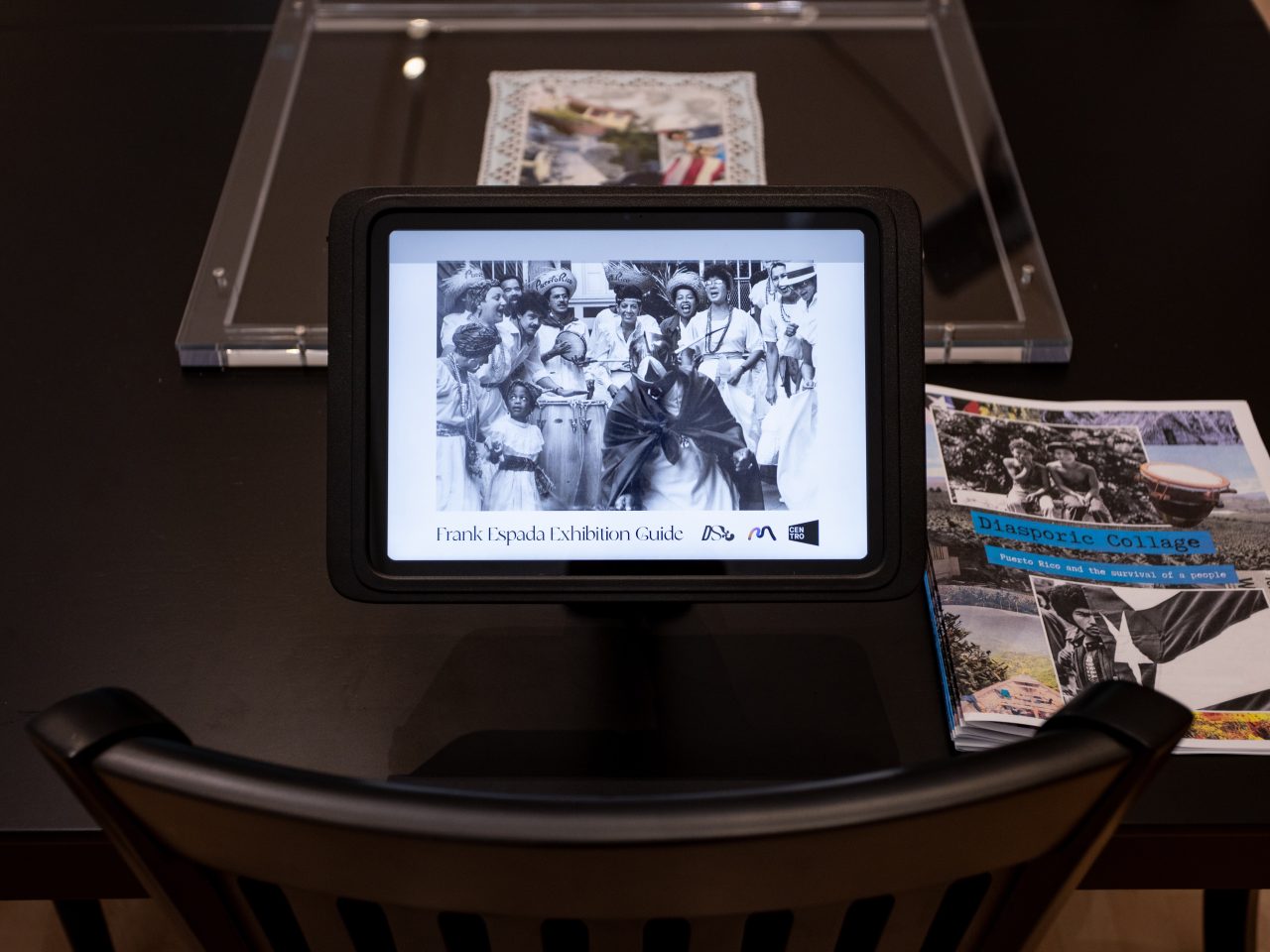
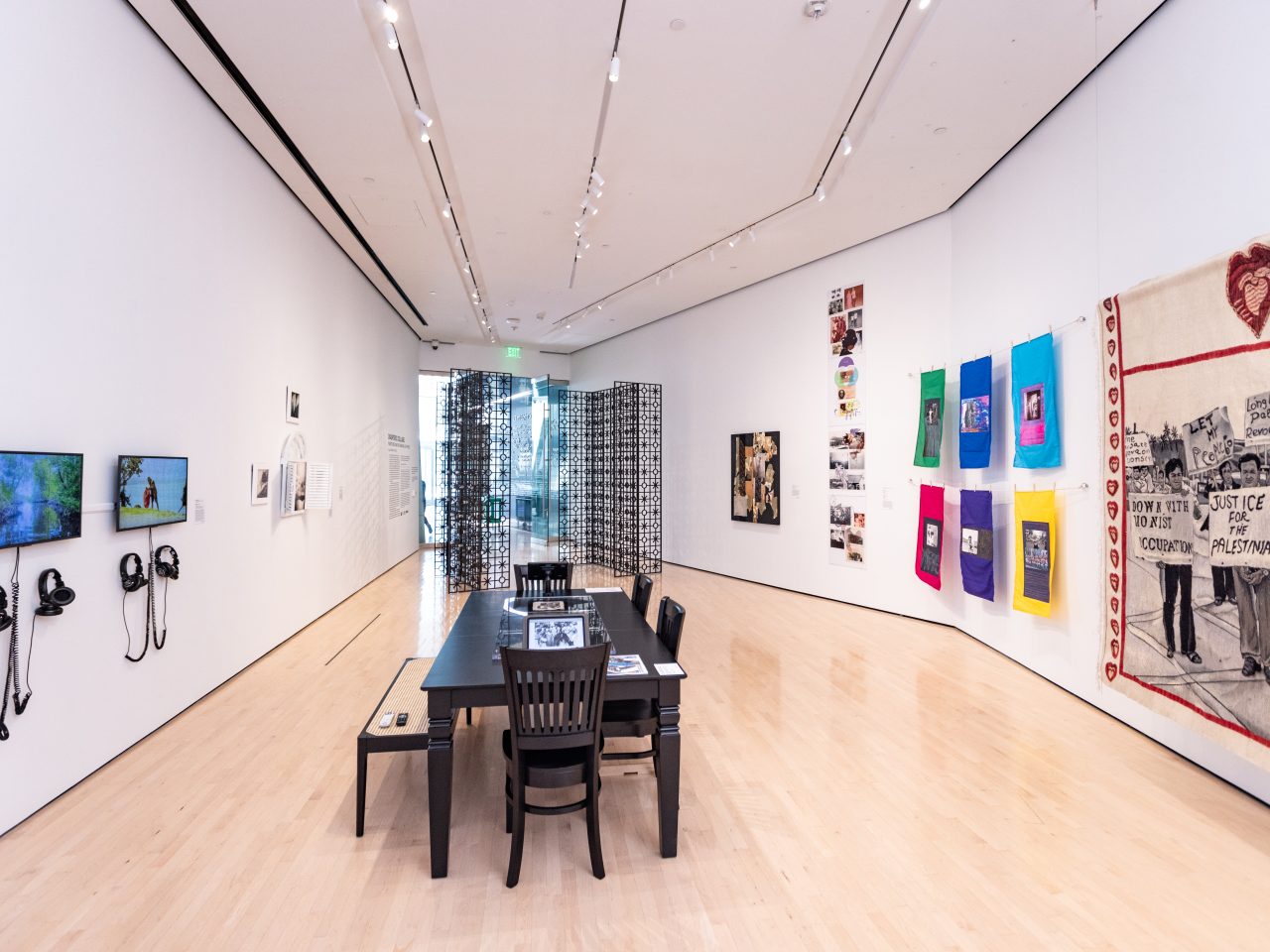

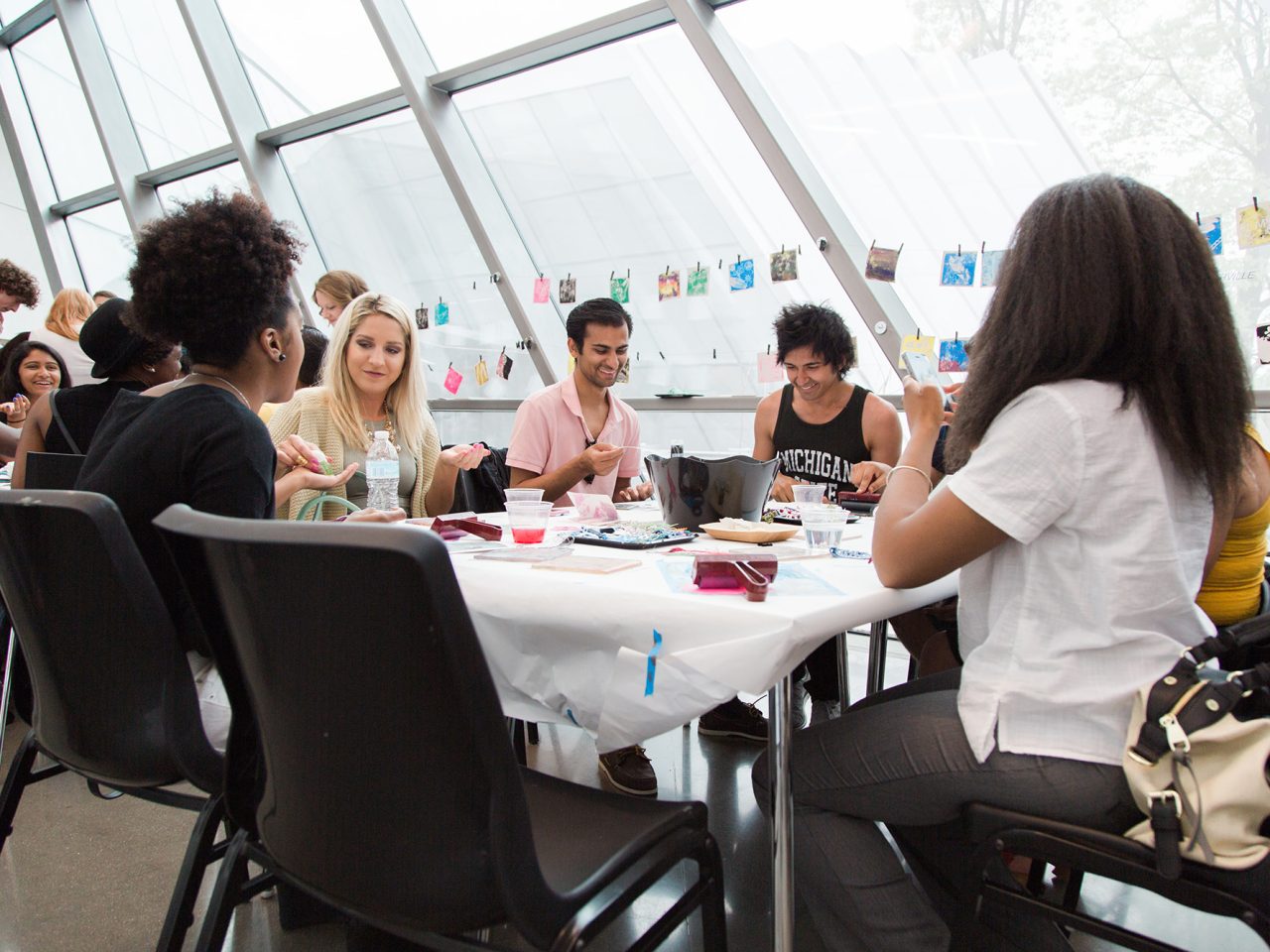 Workshop: Collage Making for Liberation
Workshop: Collage Making for Liberation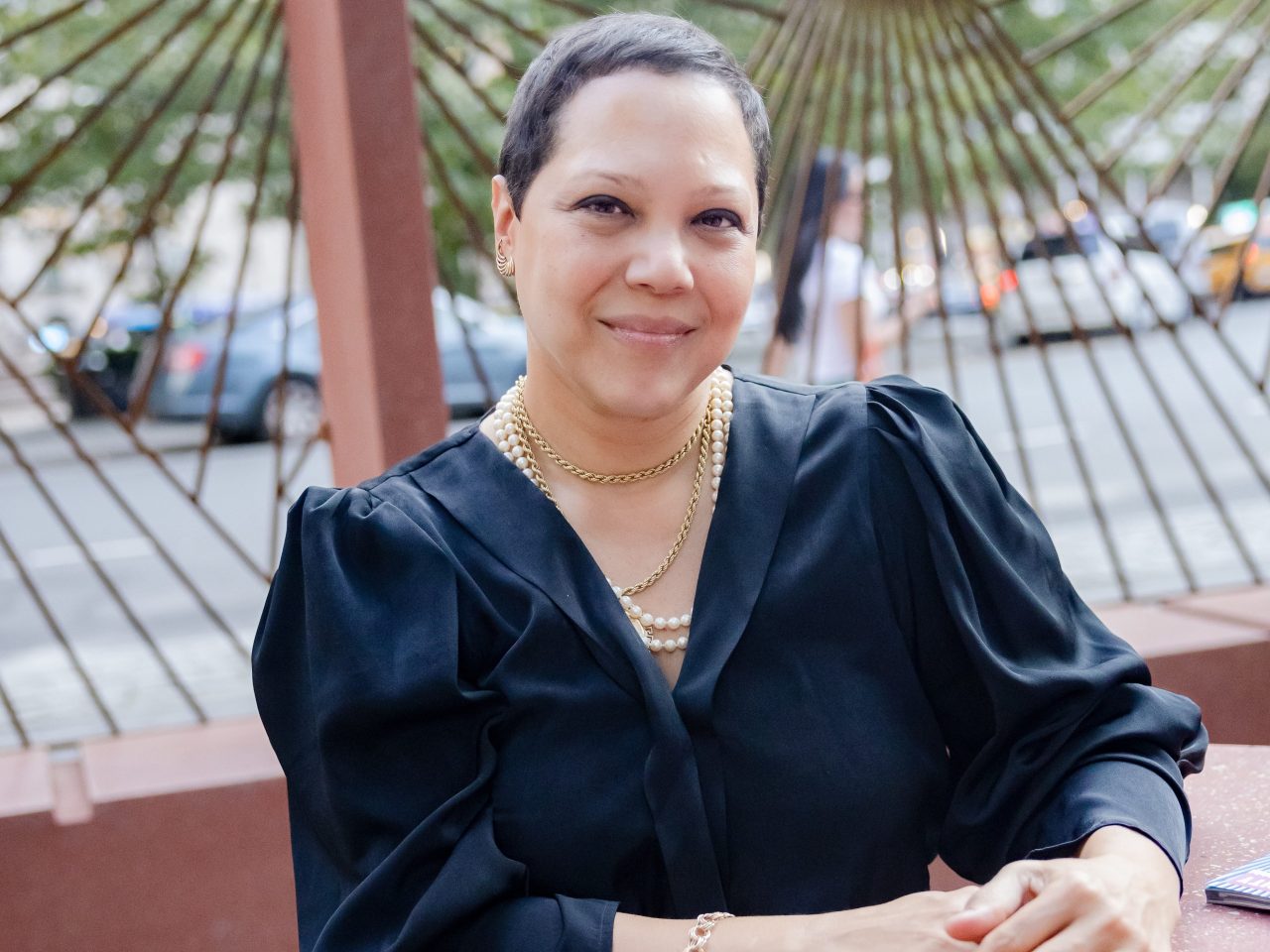 Artist Talk: Edra Soto
Artist Talk: Edra Soto